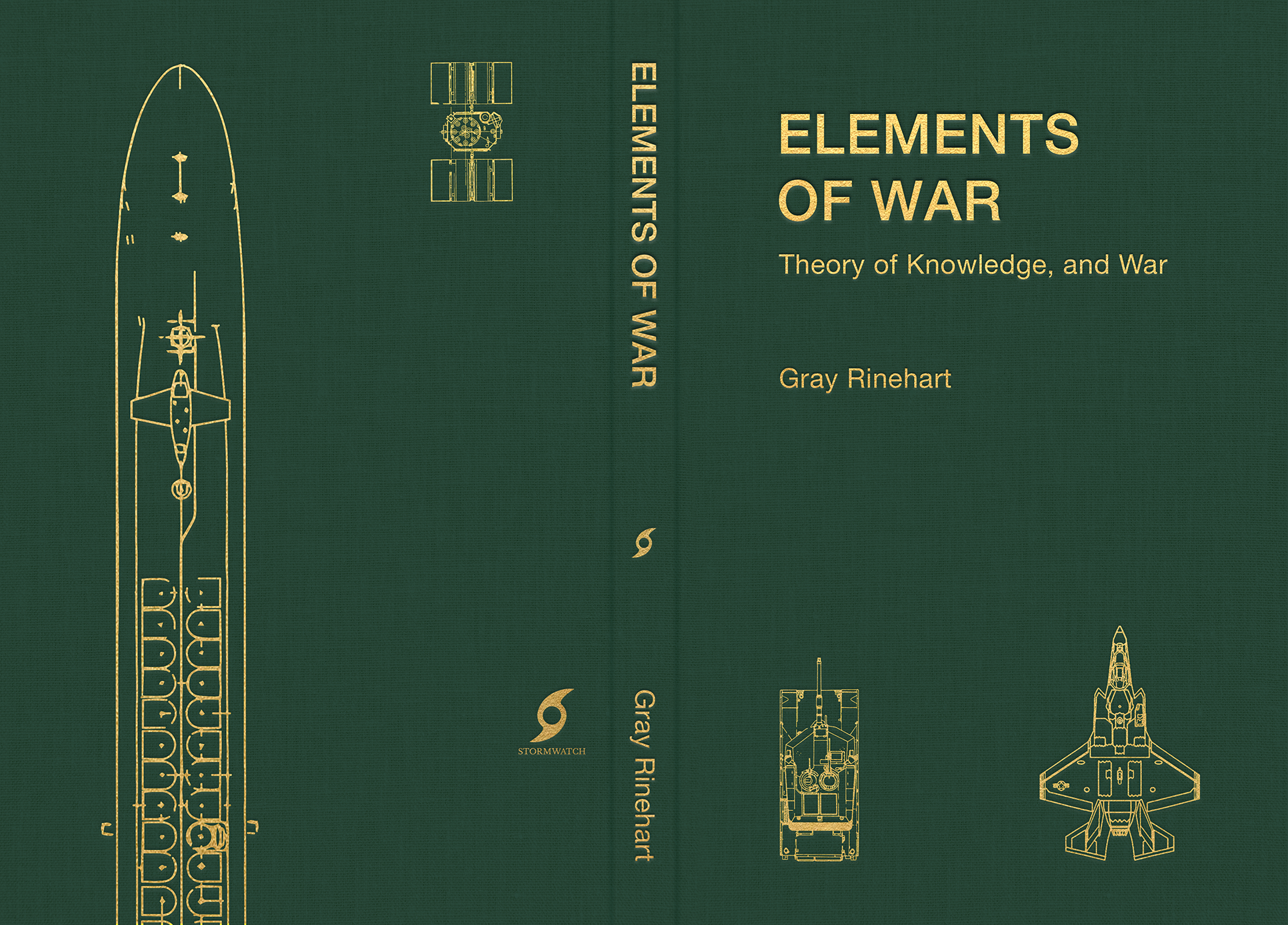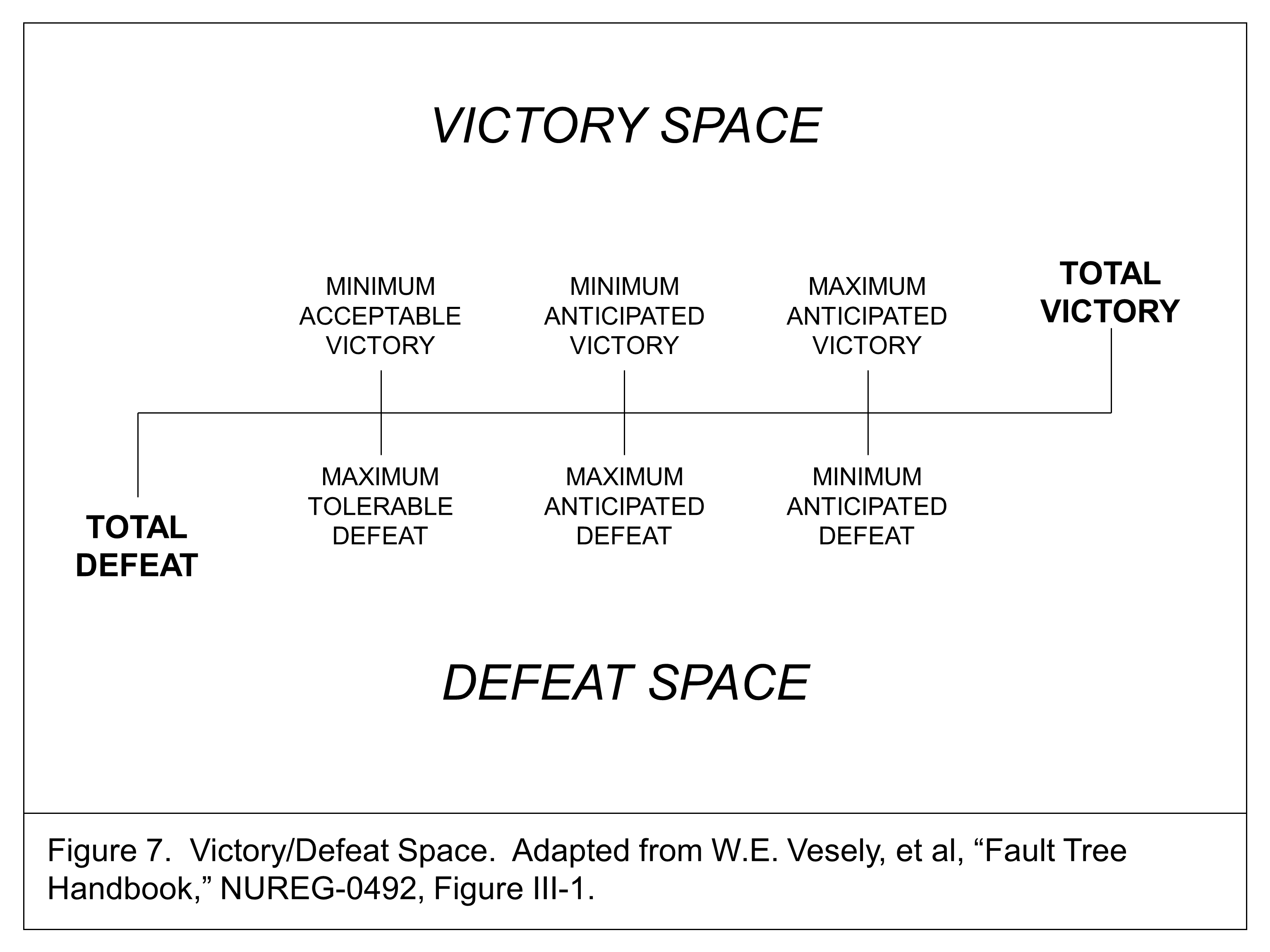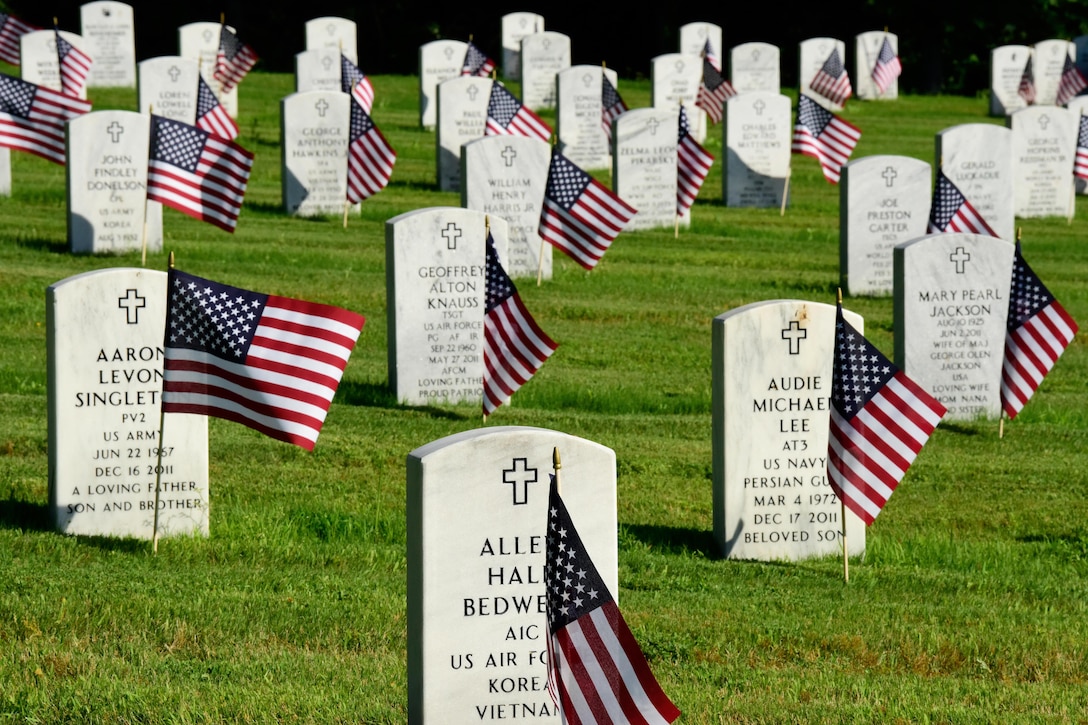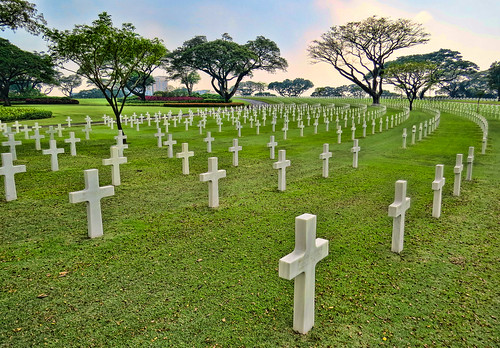I generally expect things I’ve written to get mixed reviews, because a) not everything is to everyone’s taste, and b) I have unusual and sometimes potentially controversial takes on subjects, especially in nonfiction. Thankfully, the positives usually outweigh the negatives, but it’s still nice when good reviews come in.
In this case, Military Writers Society reviewer Terry Lloyd had some nice things to say about Elements of War in this review.
Elements of War by Gray Rinehart is a comprehensive exploration of the theories and principles of war, and the evolution of various theories of war, from Sun Tzu to von Clausewitz to Mahan. The book is very technical in and in-depth, [so] this is not a casual read…. This book will be of interest to career military officers, academics and those that work in military-industrial research and “think-tank” enterprises.
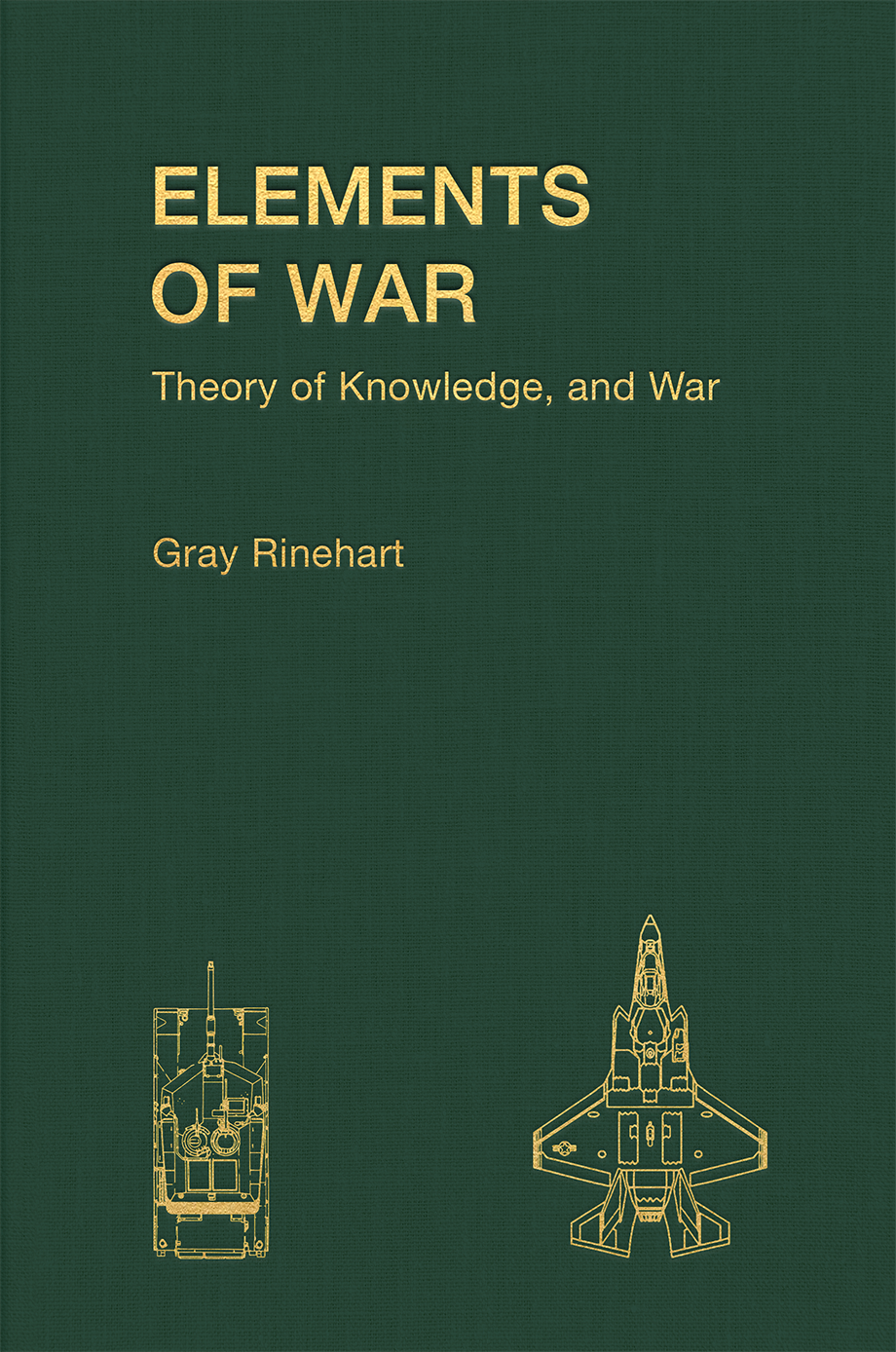
In addition to being on the MWSA site, that review also got posted to Goodreads, so I popped over there and found a lengthy five-star review by Daniel Long, which includes (emphasis added):
Mr. Rinehart has done a good job of writing a book that is as enjoyable to read as is possible given the topic. This is NOT a knock on Mr. Rinehart. This is an acknowledgement that this is not a topic that one would choose to read about on a Sunday afternoon. The book is more of a textbook than a “pleasure” book, but the author did a very good job of taking a potentially dry subject and turning it into a book worth reading…. This is a book that is well worth the time to read, but it is not for the general public. Still, Mr. Rinehart should be commended on providing a thorough review of the theory of war.
Anyhow, it’s nice to know that some folks appreciate my work. And if you know anyone who might be interested in the book, I’d appreciate you telling them about it!
___
For other musings and oddball ideas, see
– A Church More Like Christ
– My Amazon Page or my Bandcamp Page, or subscribe to my newsletter




